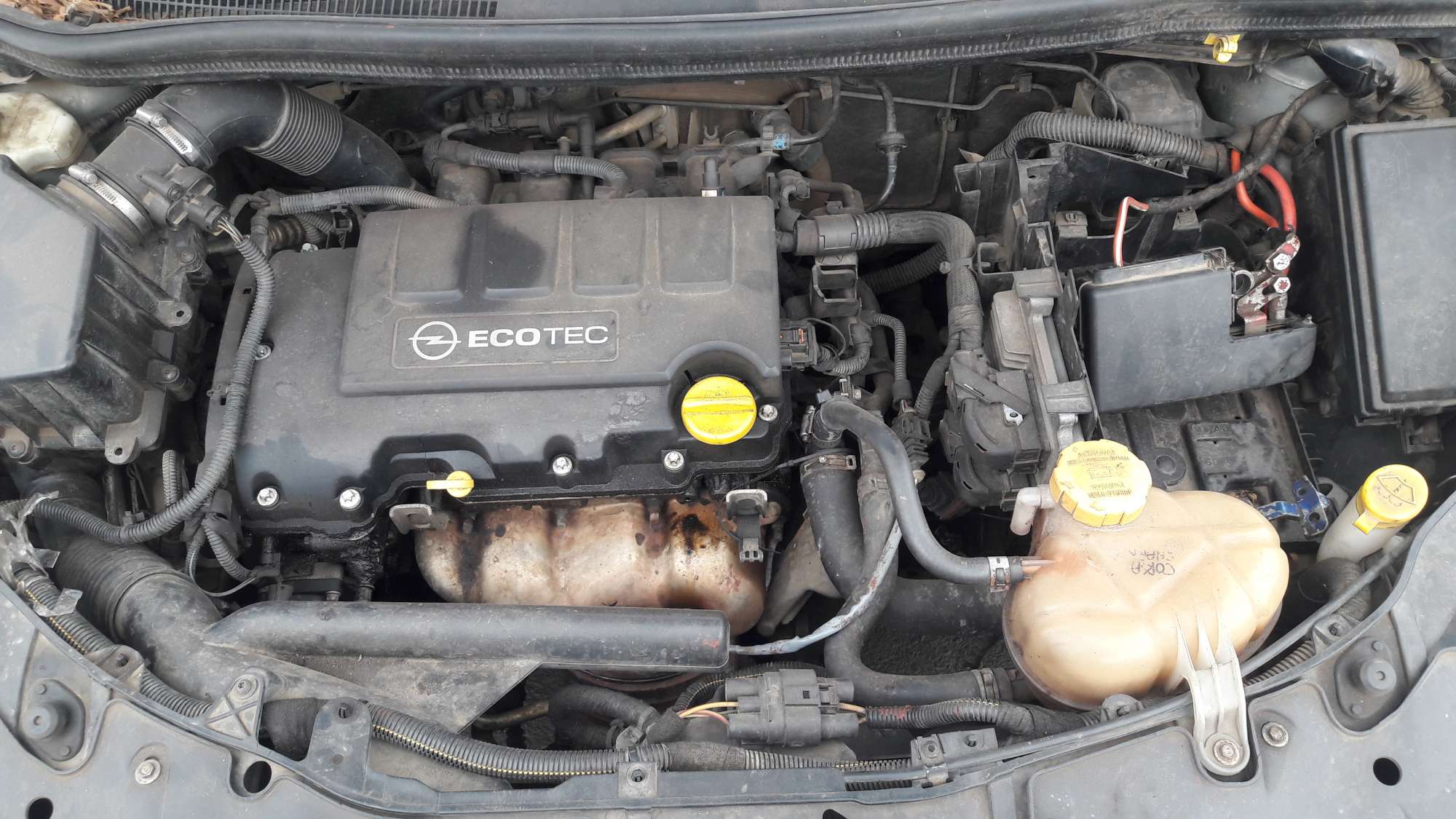Obtain the Perfect Opel Corsa 1.4 Engine Price Offer at our Trusted Auto Components Store
Obtain the Perfect Opel Corsa 1.4 Engine Price Offer at our Trusted Auto Components Store
Blog Article
Engine Purchasing Expert Tips on Picking the Right Engine for Your Specific Needs
Selecting the ideal engine for your particular demands involves a complex interaction of variables that go beyond plain horse power numbers. By delving right into the ins and outs of power versus efficiency, assessing gas rankings, and budgeting for lasting expenses, one can genuinely optimize their engine selection.
Power Vs. Effectiveness: Locating the Balance
When choosing an engine, it is crucial to strike a balance in between power and effectiveness to meet your certain requirements efficiently. Power refers to the engine's capacity to generate power for propulsion, identifying factors like velocity, pulling capacity, and overall performance - Opel Corsa 1.4 Engine Price. On the other hand, efficiency connects to how well the engine utilizes gas to produce power, impacting elements such as fuel economy and environmental kindness
Accomplishing the best balance in between power and efficiency is important since an engine that is as well powerful may take in excessive gas, causing greater operating expense and unneeded pressure on the environment. Alternatively, an engine that prioritizes effectiveness over power might cause slow-moving efficiency, particularly sought after scenarios like hauling hefty lots or driving uphill.
To make an informed decision, take into consideration factors such as your normal driving problems, the desired use the lorry, and your individual choices. By examining your priorities and demands, you can choose an engine that strikes the best balance between power and performance, ensuring optimal performance while decreasing environmental effect and operating expense.
Understanding Engine Dimension and Kind
To better refine the selection process of an engine that strikes the optimal balance between power and efficiency, it is vital to dive right into the details of comprehending engine size and kind. Engine dimension refers to the complete quantity of air and fuel that can be pushed through the engine cyndrical tubes.
In addition, engine type plays an important function in determining the efficiency characteristics of an engine. Typical engine kinds include inline engines, V engines, and rotating engines, each with its unique advantages and downsides. The engine type impacts aspects such as the engine's size, weight circulation, and power delivery. Recognizing the interplay between engine size and kind is important in selecting an engine that aligns with your particular requirements and concerns, whether it be power, performance, or a balance of both.

Consider Your Automobile's Requirements
If you are looking for an engine for a heavy-duty vehicle that will be made use of for towing, you will certainly need an effective engine with high torque abilities. On the various other hand, if you are picking an engine for a portable vehicle mostly utilized for city commuting, gas performance might be a much more important factor to think about.
If you frequently drive in mountainous or sloping areas, a durable engine with great climbing up power will be needed. By straightening the engine requirements with your car's needs, you can make sure that your automobile runs effectively and meets your performance assumptions.
Examining Fuel Effectiveness Ratings
Assessing gas efficiency ratings is a critical aspect of picking the ideal engine for your automobile, ensuring cost savings and ecological sustainability. Gas efficiency ratings, typically measured in miles per gallon (MPG) for gasoline engines or kilowatt-hours per 100 miles (kWh/100 miles) for electric engines, show how far a lorry can take a trip on a certain quantity of fuel or power. Greater MPG or you could check here lower kWh/100 miles worths visit this site represent extra efficient engines, converting to decreased fuel expenses and reduced carbon discharges.
In addition, contrast various engine options within the exact same vehicle class to recognize the most cost-effective option. Elements such as engine size, weight, the rules of aerodynamics, and hybrid or electrical capabilities can all affect gas effectiveness.
Budgeting for Long-Term Costs
Purposefully preparing for long-lasting expenditures is essential when choosing an engine, ensuring economic sustainability over the vehicle's life expectancy. While the preliminary purchase price of an engine is a substantial factor, it is critical to consider the long-lasting costs associated with upkeep, fixings, and fuel consumption. Choosing a more fuel-efficient engine might have a greater in advance expense but can lead to significant savings in time. Regular upkeep, such as oil modifications, filter substitutes, and tune-ups, is necessary to keep the engine running smoothly and successfully, reducing the risk of expensive repair services down the line.
Moreover, looking into the availability and expense of substitute parts for the selected engine is vital in spending plan planning. By meticulously budgeting for these long-term expenditures and factoring them right into the decision-making process, individuals can select an engine that not just satisfies their instant demands but additionally stays cost-efficient throughout its lifespan.
Conclusion
In conclusion, selecting the right engine for your particular requirements calls for stabilizing power and performance, recognizing engine size and kind, considering your vehicle's requirements, evaluating fuel effectiveness scores, and budgeting for lasting expenses. By thoroughly taking into consideration these aspects, you can make sure that you select an engine that fulfills your needs and supplies optimum performance for your automobile.
To even more refine the option procedure of an engine that strikes the optimum balance in between power and efficiency, it is important to dive right into the ins and outs of comprehending engine dimension and type. Engine dimension refers to the total volume of air and fuel that can be pushed via the engine cylinders. Common engine kinds consist of inline engines, V engines, and rotary engines, each with its unique advantages and disadvantages. Understanding the Related Site interaction between engine size and type is vital in choosing an engine that lines up with your details demands and priorities, whether it be power, performance, or an equilibrium of both.

Report this page